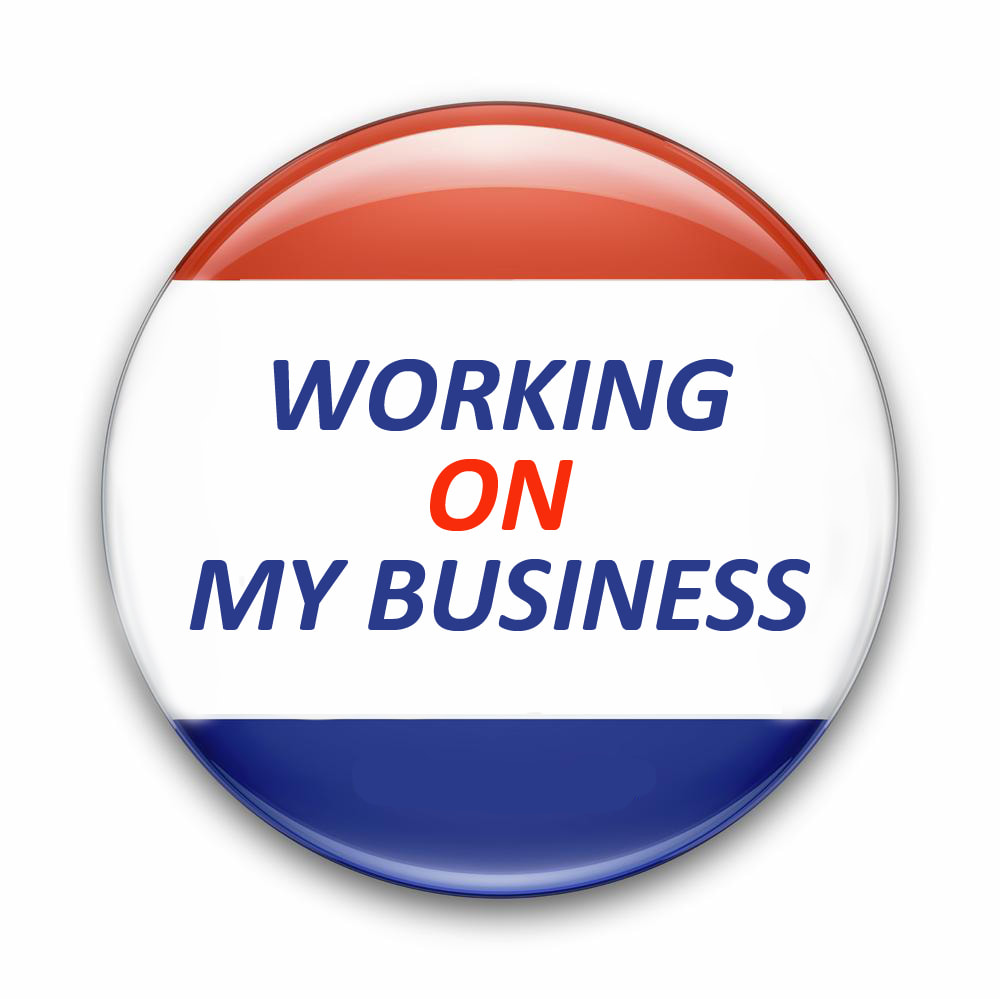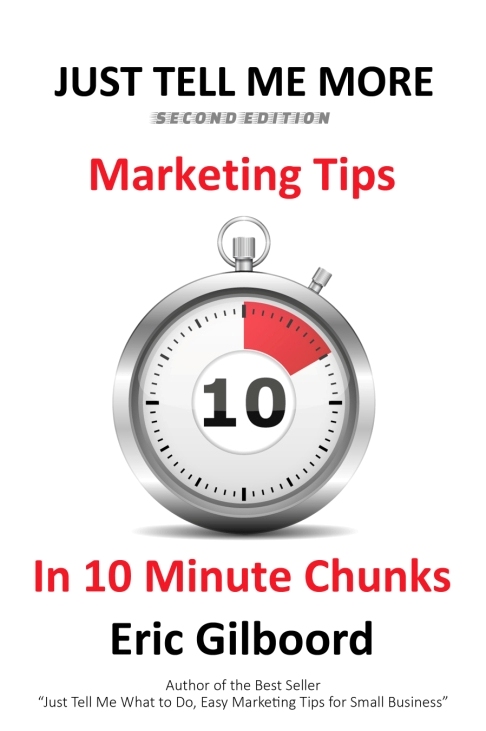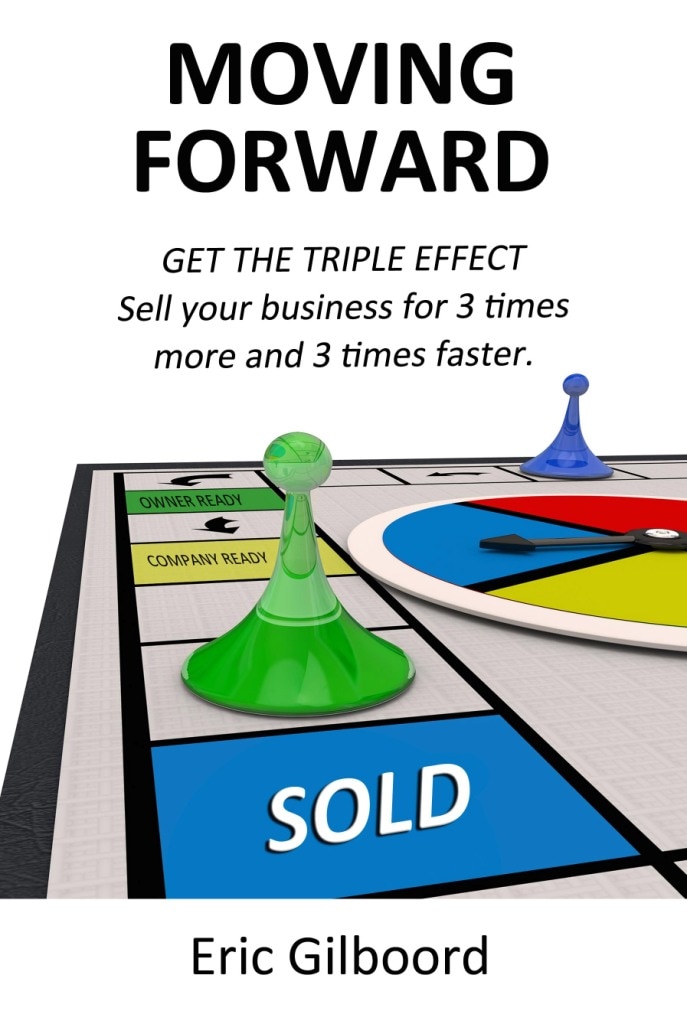By Reid Hoffman (The man behind LinkedIn)
Professional Allies: People Who Have Your Back.
What makes someone an ally in your job and career? First, it's someone you consult regularly for advice. You trust his or her judgment. Second, you proactively share and collaborate on opportunities together. You keep your antennae especially attuned to an ally’s interests, and when it makes sense to pursue something jointly, you do so. Third, you talk up an ally to other friends. You promote his or her brand. When an ally comes into conflict, you defend him, and stand up for his reputation. And he does the same for you when times get tough. Finally, you are explicit about your bond. You might say to each other, “Hey, we’re allies, right? How can we best help each other?”
I first met Mark Pincus while at PayPal in 2002. I was giving him advice on a start-up he was working on as my PayPal experiences were relevant. From our first conversation, I felt inspired by Mark’s wild creativity and how at times he seems to bounce off the walls with energy. I’m more restrained in comparison, preferring to fit ideas into strategic frameworks instead of unleashing them fire-hose-style. Our different styles make conversation fun. But it’s our similar interests and vision that have made our collaborations so successful. We invested in Friendster together in 2002, at the dawn of social networking. In 2003 the two of us bought the Six Degrees patent, which covers some of the foundational technology of social networking. Mark then started his own social network, Tribe; I started LinkedIn. When Peter Thiel and I were set to put the first money into Facebook in 2004, I suggested that Mark take half of my investment allocation. As a matter of course, I wanted to involve Mark in any opportunity that seemed intriguing, especially one that played to his social networking background--it’s what you do in an alliance. In 2007, Mark called me to talk about his idea for Zynga, the social gaming company he cofounded and now leads. I knew almost immediately that I wanted to invest and join the board, which I did. Both of us thought Zynga and Facebook would be very strong companies, but no one could have predicted the astronomical heights of success. With an ally, you don’t keep score, you just try to invest in the alliance as much as possible.
What has sustained all this collaboration, despite the fact that the two of us are not official partners in a venture firm, for example? We are both driven by a passion for the Internet industry, especially the social networking space. We complement each other. We like each other as friends. We’ve known each other for awhile—it was several years before we thought of each other as allies. And there’s another seemingly insignificant reason, but it’s important and worth noting: we both live in the San Francisco Bay Area. Physical proximity is actually one of the best predictors of the strength of a relationship, many studies show.
An alliance is always an exchange, but not a transactional one. A transactional relationship is when your accountant files your tax returns and in exchange you pay him for his time. An alliance is when a coworker needs last-minute help on Sunday night preparing for a Monday morning presentation and even though you’re busy, you agree to go over to his house and help.
These “volleys of communication and cooperation” build trust. Trust, writes David Brooks, is “habitual reciprocity that becomes coated by emotion. It grows when two people . . . slowly learn they can rely upon each other. Soon members of a trusting relationship become willing to not only cooperate with each other but sacrifice for each other.”
You cooperate and sacrifice because you want to help a friend in need but also because you figure you’ll be able to call on him in the future when youare the one in a bind. This isn’t being selfish, it’s being human. Social animals do good deeds for one another in part because the deeds will be reciprocated at some point in time. With trusted professional allies, the reciprocation isn’t immediate--i.e., you don’t turn around the next day and say, “Hey, I helped you with your presentation, now I want something back.” Ideally, the notion of an exchange dissolves into the reality that you have intermingled fates. In other words, as the score keeping becomes less and less formal and as the expectation for reciprocal exchange stretches over a longer and longer period of time, a relationship goes from being an exchange partnership to being a true alliance.
Weak Ties and Acquaintances: Expand the Breadth of Your Network
Allies, by the nature of the bond, are few in number. There are many more looser connections and acquaintances who also play a role in your professional life. These are folks you meet at conferences, old classmates, coworkers in other divisions, or just interesting people with interesting ideas who you come upon in day-to-day life. Sociologists refer to these contacts as “weak ties”: people with whom you have spent low amounts of low-intensity time (for example, someone you might only see once or twice a year at a conference, or only know online and not in person) but with whom you’re still familiar and friendly.
Weak ties in a career context were formally researched in 1973, when sociologist Mark Granovetter asked a random sample of Boston professionals who had just switched jobs how they found their new job. Of those who said they found their job through a contact, Granovetter then asked how frequently they saw the contact. He asked participants to mark whether they saw the person often (twice a week), occasionally (more than once a year but less than twice a week), or rarely (once a year or less). About 16 percent of the recipients said they found their job through a contact they saw often. The rest found their job through a contact they saw occasionally (55 percent) or rarely (27 percent). In other words, the contacts who referred jobs were “weak ties.” He summed up his conclusion in a paper appropriately called “The Strength of Weak Ties”: The friends you don’t know very well are the ones who refer winning jobs.
Granovetter accounts for this result by explaining that social cliques, which are groups of people who have something in common, often limit your exposure to wildly new experiences, opportunities, and information. Because people tend to hang out in cliques, your good friends are usually from the same industry, neighborhood, religious group, and the like. The stronger your tie with someone, the more likely they are to mirror you in various ways, and the more likely you are to want to introduce them to your other friends.
From an emotional standpoint, this is great. It’s fun to do things in groups wjth people with whom you have a lot in common. But from an informational standpoint, Granovetter argues this interconnectedness is limiting because the same information recycles through your local network of like-minded friends. If a close friend knows about a job opportunity, you probably already know about it. Strong ties usually introduce redundancy in knowledge and activities and friend sets.
In contrast, weak ties usually sit outside of the inner circle. You’re not necessarily going to introduce a looser connection to all of your other friends. Thus, there’s a greater likelihood a weak tie will be exposed to new information or a job opportunity. This is the crux of Granovetter’s argument: Weak ties can uniquely serve as bridges to other worlds and thus can pass on information or opportunities you have not heard about. We would stress that it’s not that weak ties per se find you jobs; it’s that weak ties are likely to be exposed to information or job listings you haven’t seen. Weak ties in and of themselves are not especially valuable; what is valuable is the breadth and reach of the network.








